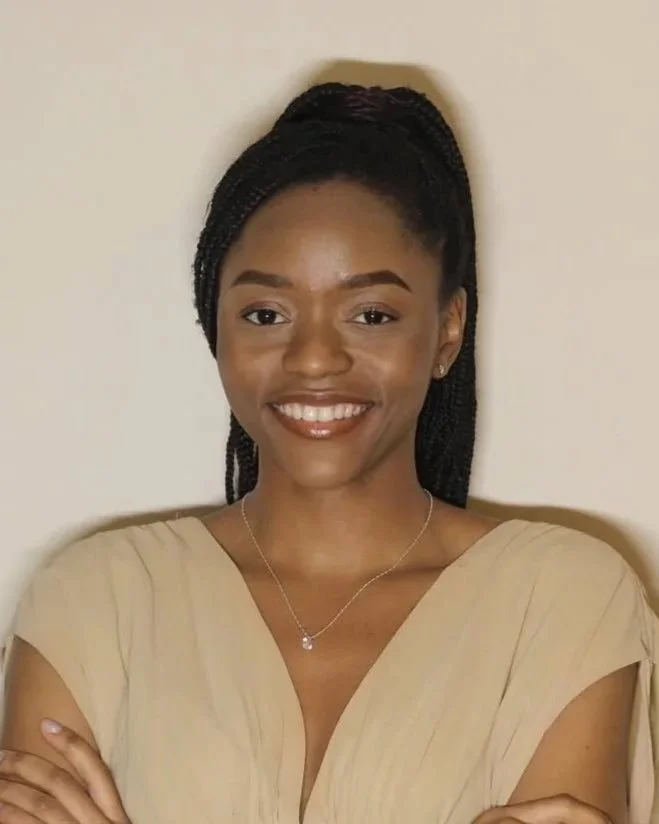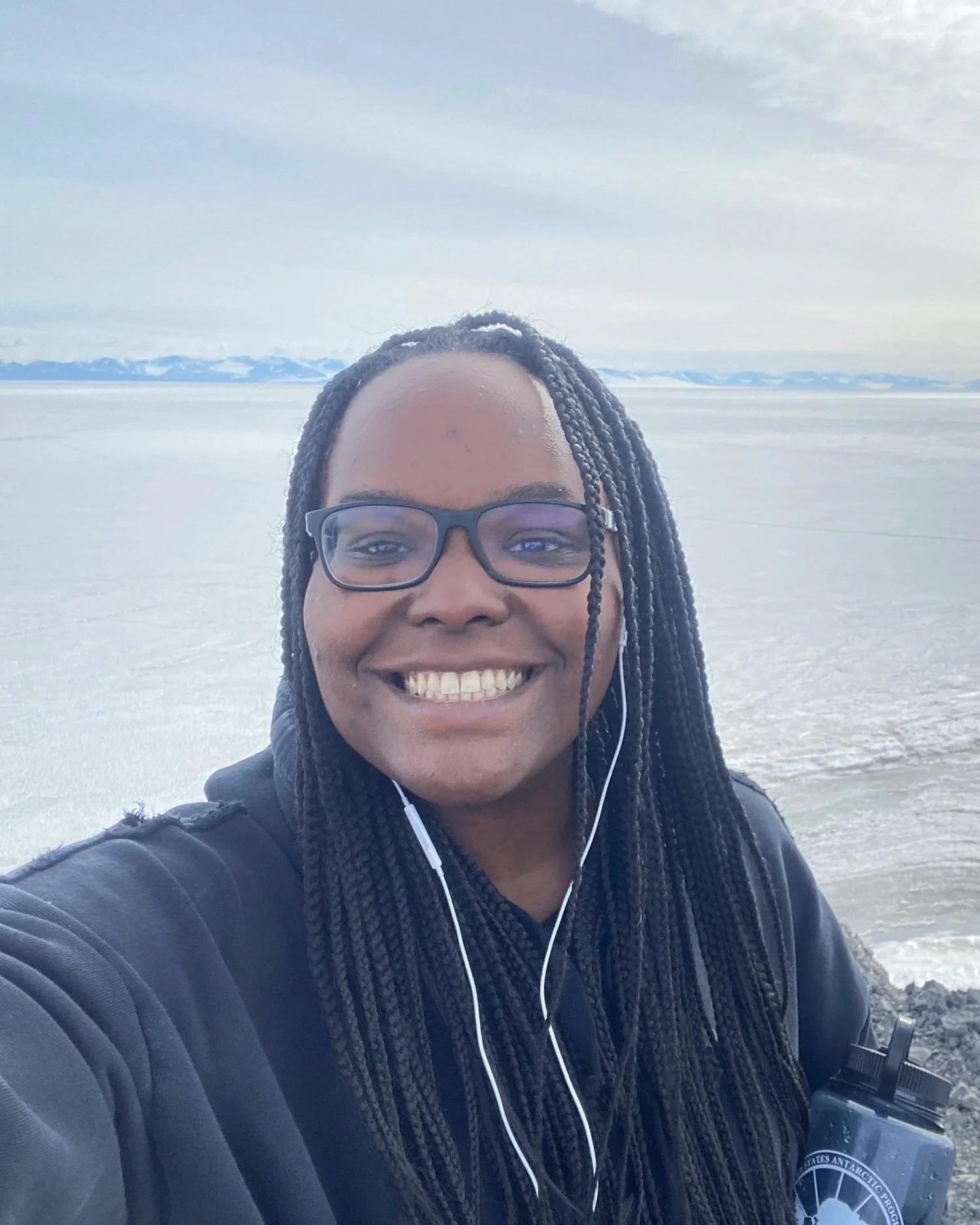Chris MacMinn
Chris is a Professor of Engineering Science at Oxford. He is an engineer and applied scientist with an interest in physical mathematics, fluid and solid mechanics, and interfacial phenomena. He leads the Poromechanics Lab, an interdisciplinary team of engineers, physicists, mathematicians, and earth scientists who use mathematical modelling and multi-scale laboratory experiments to study flow, transport, and deformation in porous media and other multiphase systems. Our work has applications in subsurface science and engineering (e.g., water & energy resources, natural fluid migration), soft materials (e.g., gels and foods), and biology and medicine (e.g., tissue mechanics and vascular flows).
Chris's background is in mechanical engineering, with a specialization in fluid mechanics from the interdisciplinary perspectives of engineering, hydrology, and applied mathematics. He earned his PhD, SM, and SB from the Department of Mechanical Engineering at MIT, where he worked with Ruben Juanes on the fluid mechanics of geological carbon dioxide sequestration. He was then a Postdoctoral Associate at Yale University, where he worked with John Wettlaufer and Eric Dufresne on the deformation of porous and granular materials. His postdoc was funded by the Yale Climate & Energy Institute.
Contact: christopher.macminn@eng.ox.ac.uk
Postdoctoral Researchers
Callum Cuttle
Callum joined the group in May 2020 as a postdoc, conducting experiments in flow through deformable porous media.
He received his doctoral training at the Manchester Centre for Nonlinear Dynamics (MCND) in Anne Juel’s group. His work focussed on highly sensitive benchtop experiments, examining multiphase flows and fluid-structure interaction problems. He is particularly interested in pattern formation and other nonlinear behaviour in shallow, elastic-walled channels, as well as the spreading dynamics of perfectly wetting immiscible liquids.
DPhil students
Hangkai Wei (韦航凯)
Hangkai graduated from Xi'an Jiaotong University in June 2023 with a BEng in Energy and Power Engineering (Qian Xuesen Class) and an MEng in Power Engineering and Engineering Thermophysics (Distinction), where he worked with Professor Li Chen on multiphase reactive flow in porous media. Hangkai joined the Poromechanics Lab as a DPhil student in October 2023.
Hangkai's research focuses on gas-producing multiphase flow in soft porous media. Specifically, he is using experimental methods to investigate the growth-connection-migration-emission of gas bubbles in soft porous media. This research is motivated by processes like methane venting from seabed sediments.
Janet Botha
Janet graduated from the University of Edinburgh with a BEng in Civil Engineering. Her thesis experimentally evaluated a novel fibre-reinforced powder prepreg system for strengthening concrete structures. She also interned on the RC3 project, developing a risk model to predict cyclone-induced damage to traditional timber buildings in Madagascar, working with Thomas Reynolds, Christopher Beckett, and Yuner Huang. Her undergraduate studies were supported by the MasterCard Foundation Scholars Program.
Janet's DPhil research investigates the impact of climate change on masonry buildings vulnerable to damage from soil subsidence/ heave caused by climate and trees. Through numerical modelling of the damage process, she aims to predict potential risks to buildings in the UK. She is co-supervised by Harvey Burd and Sinan Acikgoz and funded by the Rhodes Trust.
Jessica Johnson
Jessica is an NIH Oxford-Cambridge Scholar and Antarctic Scientist keenly interested in fluid mechanics and aerospace medicine. She graduated from Colgate University in 2022 with a degree in Astrogeophysics (Honors) and German. She has conducted research on Mars's paleoclimate and glacial cycles, Antarctic water tracks, and multidimensional diffusion MRI in the human brain.
Currently, Jessica is studying lymphatic fluid-structure interactions to improve precision medicine for patients with lymphatic anomalies. She is co-mentored by Sarah Sheppard (NIH), Johannes Weickenmeier (Oxford), and Howard Stone (Princeton University).
Former Postdocs, DPhil students, and visitors
- Joe Fishlock (DPhil 2025): Modelling three-phase mushy layers, with applications to air bubbles and oil droplets in sea ice | thesis (co-supervised with Andrew Wells)
- Liam Morrow (Postdoc, 2020–2024): Frictional flow patterns, compression-driven viscous fingering, and gas bubbles in soft porous media
- Luke Kearney (DPhil 2024): Fluid venting phenomena in the Eastern Mediterranean | thesis (co-supervised with Richard Katz and Joe Carwright)
- Matilde Fiori (DPhil 2024, Postdoc 2024): Impact of large, periodic deformations on flow and transport in soft porous media | thesis
- Oliver Paulin (DPhil 2024): Formation and collapse of non-wetting cavities in soft porous media | thesis
- Tim Delport (DPhil 2022): Open-loop ground-source heating systems (geothermal heating and cooling) | thesis
- Luke Jenkins (DPhil 2020, Postdoc 2020): Fluid injection and migration in layered aquifers | thesis (co-supervised with Martino Foschi and Joe Carwright)
- Lucy Auton (DPhil 2019, Postdoc 2019–2022: Flow and transport through soft filters (large deformations; homogenization) | thesis
- Térence Desclaux (Visiting Researcher from IMF Toulouse, spring 2023): Impact of wall friction on the compaction of soft porous media
- Satyajit Pramanik (Postdoc 2019–2020): Flow through soft porous media (modelling)
- Omid Dorostkar (Visting Postdoc from ETH Zurich, 2019–2020): Gas bubbles in soft porous media (co-supervised with Jan Carmeliet)
- Jian Hui (James) Guan (Postdoc 2017–2019): Controlling viscous fingering with fluid-structure interactions
- Pallewela Liyanage Piyal Wasantha (Visiting Humbolt Research Fellow, 2016-17): Estimating the magnitude of seismicity due to injection-induced fault slip
- José Francisco Velázquez Navarro (Academic Visitor, Fall 2016): Settling of dense intruders in soft granular suspensions (joint project with Tom Mullin)
- Robin Le Mestre (Visiting Researcher, Summer 2016): Growth and rise of bubbles in a Hele-Shaw cell
Former Oxford MEng students
- Alexa Chambers (MEng 2022): Biology-inspired flow control in squishy tubes
- Boris Festa (MEng 2022): Pressure-driven leakage of CO2 from subsurface reservoirs
- Patrick Leahy (MEng 2019): Flow and transport through fractured media
- Hujing Liu (MEng 2019): The behavior of rocking-sloshing systems (co-supervised with Manolis Chatzis)
- Michael Newsome (MEng 2019): The poromechanical mixer
- Louise Nolan (MEng 2019): Buoyant gas blobs in porous materials
- Alex Harbord (MEng 2018): Detecting and locating leaks in water distribution systems
- Tien (Jason) Lo (MEng 2018): Residual trapping in carbon capture and storage
- Jasper Syms (MEng 2018): Swelling and drying of gels in a controlled environment
- Serg Zhelezniak (MEng 2018): Detection and localization of circular particles by cost function optimization
- Jiayu Jiang (MEng 2017): Effect of salt on the swelling of polyacrylamide hydrogels
- Jeremy Lee (MEng 2017): The rising of bubbles through a soft granular material
- Jianyi Tian (MEng 2017): High-precision particle tracking
- Asher Carruthers (MEng 2016): Deformation of bubble rafts (co-supervised with Lars Hansen)
- Catriona Collerton (MEng 2016): Hydraulic fracturing of brittle porous materials (co-supervised with Rob Style)
- Hugo Manson (MEng 2016): Fluid-structure interactions during crack propagation
- Hui Liu (MEng 2016): Hydraulic fracturing of soft, brittle solids (co-supervised with Rob Style)
- Sebastian Wiseman (MEng 2016): Analysis of carbon capture and storage systems (co-supervised with René Bañares-Alcántara)
- Jack Firth (MEng 2015): Large deformations in a cohesive granular material
- Lucy Harris (MEng 2015): Residual trapping in carbon dioxide storage
- Nicholas Jones (MEng 2015): Drop-powder interactions (co-supervised with Alfonso Castrejón-Pita)




